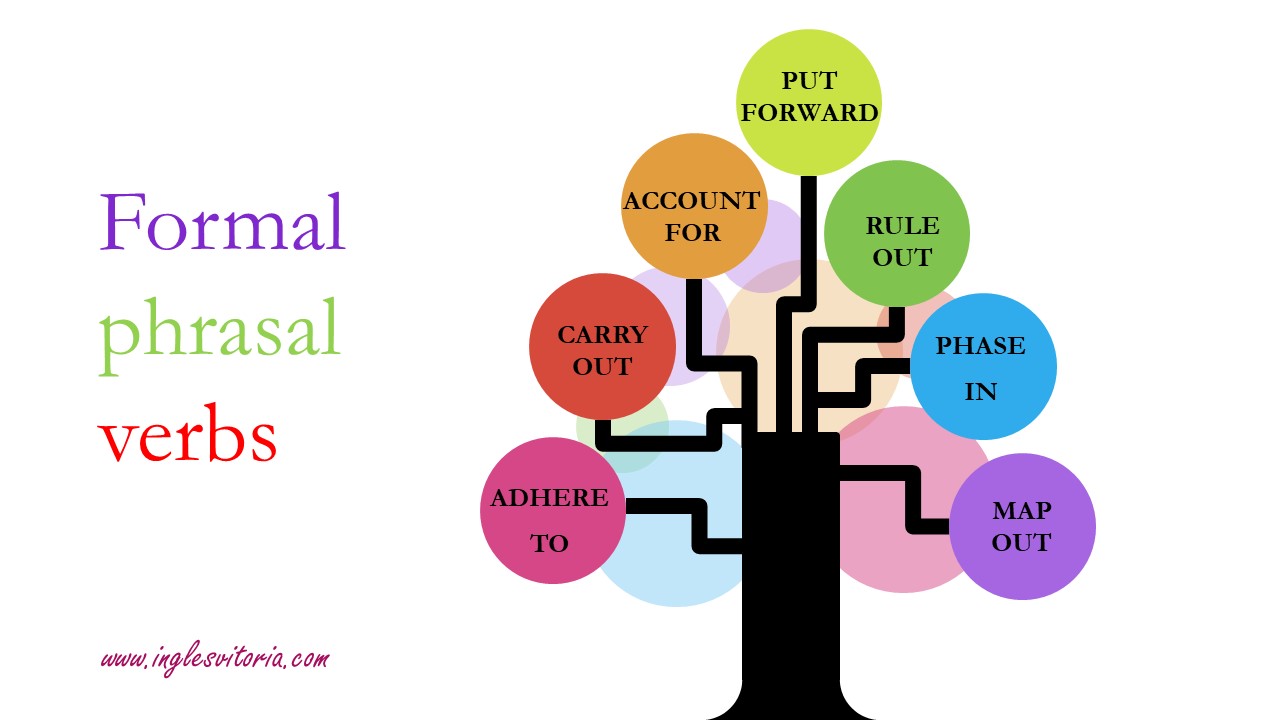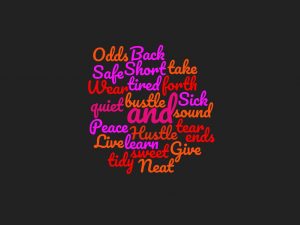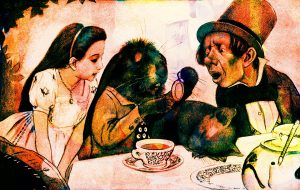
PORTMANTEAU is an English term that originates from the French words: porter (carry) and manteau (cloak). It literally refers to a large travelling case, usually made of leather.

PORTMANTEAU is an English term that originates from the French words: porter (carry) and manteau (cloak). It literally refers to a large travelling case, usually made of leather.
 The Antipodes, pronounced [ænˈtɪpədiːz]: Magical word that evokes a world of contrast and adventure. For us, living in Spain, that would be The Land of the Long White Cloud, translated from the Maori Aotearoa; in other words, New Zealand, also known as Kiwiland, name which derives from the kiwi, a native flightless bird, which is a national symbol of New Zealand.
The Antipodes, pronounced [ænˈtɪpədiːz]: Magical word that evokes a world of contrast and adventure. For us, living in Spain, that would be The Land of the Long White Cloud, translated from the Maori Aotearoa; in other words, New Zealand, also known as Kiwiland, name which derives from the kiwi, a native flightless bird, which is a national symbol of New Zealand.
The following map shows highlighted the area equivalent to Spain on the opposite side of the world:
https://www.antipodas.net/antipodaspais/espana/ Continue reading “Off to Kiwiland!”

Dogs and humans have been part of each other’s lives for time immemorial and that shows in the language. Keep reading for some of these expressions explained. Continue reading “Dogs and English”
 There is a widely-held belief that phrasal verbs in English are informal and will be frowned upon in academic writing such as the essay, the formal letter, or the report tasks in the CAE.
There is a widely-held belief that phrasal verbs in English are informal and will be frowned upon in academic writing such as the essay, the formal letter, or the report tasks in the CAE. 
 A binomial is formed by two words and a conjunction that joins them as in: “After a quick visit to the hotel to drop off her bags, she’s been out and about exploring the city all day”.
A binomial is formed by two words and a conjunction that joins them as in: “After a quick visit to the hotel to drop off her bags, she’s been out and about exploring the city all day”.
The order of the words is fixed and if you reverse it, it would sound unnatural and be wrong, e.g. “about and out”.
What follows is a selection of some binomials that I consider useful. I encourage you to learn them and try to use one next time you have a conversation in English. Continue reading “Out and about and other BINOMIALS”

A simile is a figure of speech that compares two things using as or like. It differs from a metaphor in that the metaphor says that something is something else as in “the world is a stage” whereas similes present similarities between two elements, e.g., as free as a bird. Let’s learn about the origin of some of them. Continue reading “As mad as a hatter and other SIMILES”
 Do you find it natural to memorise words or phrasal verbs in the form of a list? And most importantly, do you succeed at committing that knowledge to your long-term memory?
Do you find it natural to memorise words or phrasal verbs in the form of a list? And most importantly, do you succeed at committing that knowledge to your long-term memory?
This traditional learning style may work for certain people or with certain areas of vocabulary, such as the irregular verb list but as a rule of thumb, I am inclined to say that CONTEXT IS BEST. Even in the case of the irregular verbs. Continue reading “Context is best”
 This post is based on an extra-curricular activity that I encouraged students to pursue for the length of a month.
This post is based on an extra-curricular activity that I encouraged students to pursue for the length of a month.
By facebooking WORDS IN THE NEWS taken from every working day’s headlines, I intended to inspire them to do the same. Some did so and shared them with me. Others went the extra mile and declared their intention to keep going after the month is finished.